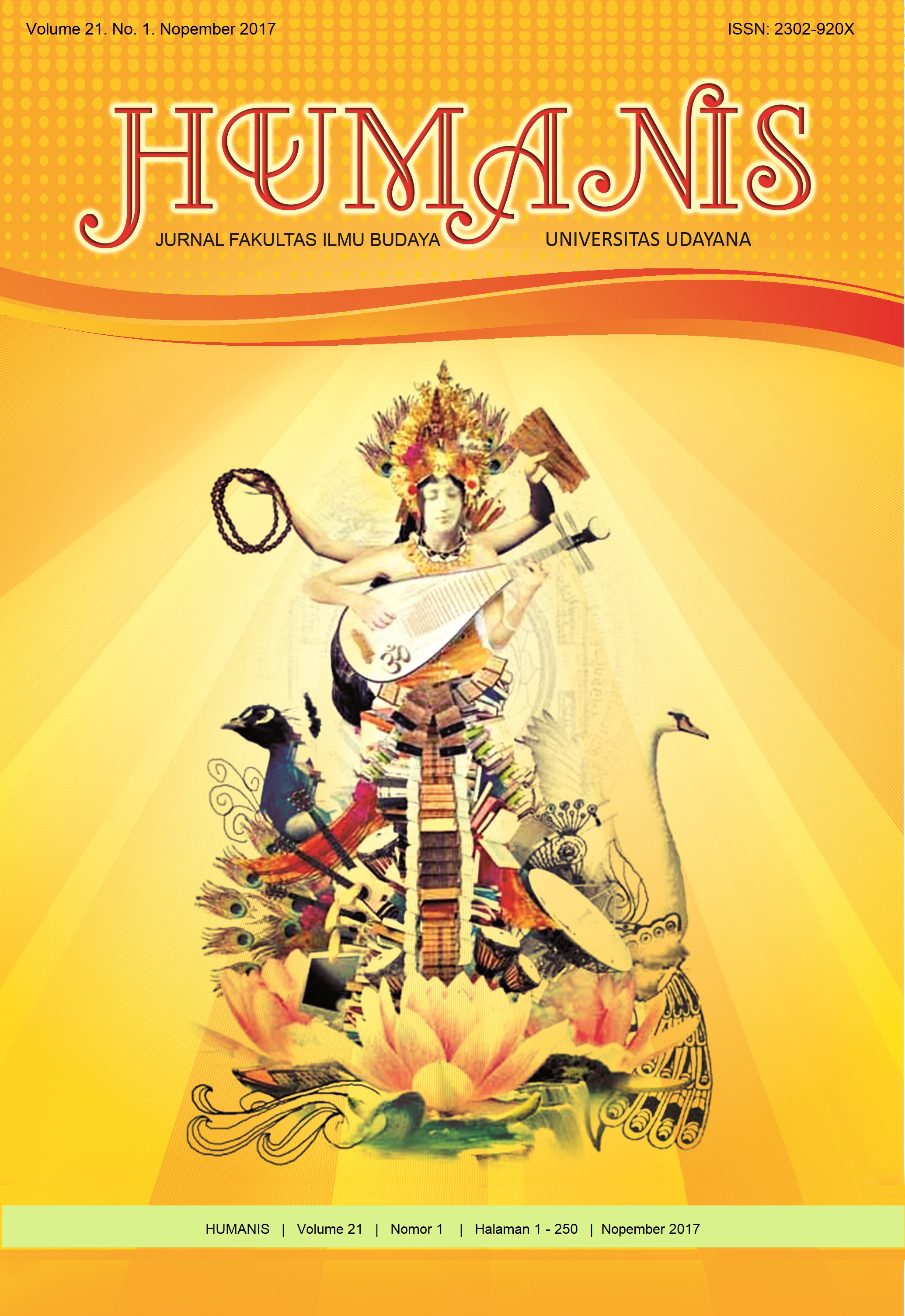Konsep Ikuji yang Diterapkan oleh Tokoh Umi Suzuki yang Tercermin dalam Drama Risou no Musuko
Abstract
The title of this research is “The concept of ikuji applied by character Umi Suzuki which was reflected in the drama Risou no Musuko.” The purpose of this research is to provide knowledge about ikuji that applied by a single mother which has an effect on the child’s personality. The research method used is descriptive analysis method. There are four theories used in this reasearch, such as the theory of Literature Psychology of Wiyatmi (2011), the Parenting theory by Gordon (1994), the theory of Psychoanalysis by Freud (2011) and Semiotics theory by Danesi (2007). The result obtained from this research is that the ikuji applied by character Umi Suzuki for her son is the authoritative type, characterized by parent and children exercising equal rights and obligation, complementary parent and children, giving children the freedom but still being responsible, and parent being firm but attentive. Ikuji that applied by Umi gives positive and negative impact to the personality of his son, Daichi. Positive impact include, (1) active, (2) initiative, (3) responsible, (4) sociable, (5) openly accept critism, (6) confident, (7) emotionally stable, and (8) adaptive. Furthermore the negative impacts are (1) mother complex, (2) tends to avoid problems, (3) does not want to disappoint his mother so as to put aside himself. However, Daichi’s personality is not only influenced from ikuji that is applied by Umi. The environment also influenced him to be easily adaptive.


















